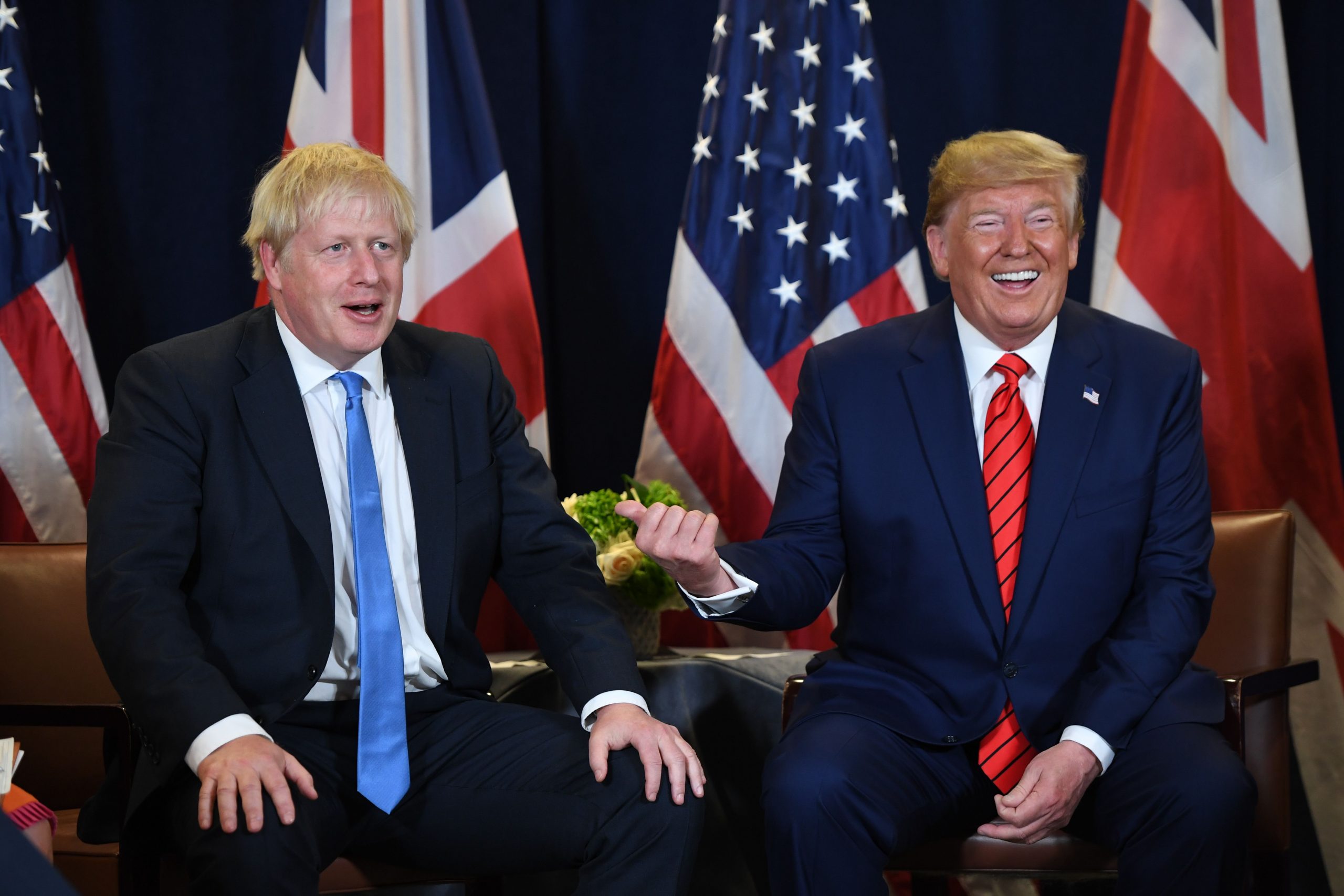
Among the most disturbing of recent political developments in the US and the UK are the countries’ repeated betrayals of the internationalist, cosmopolitan ideals that inspired many of their finest achievements during and especially in the aftermath of the Second World War.
In 1941, Roosevelt and Churchill met to discuss their countries’ postwar goals. Prominent among these was the promotion of international cooperation in the service of global peace and prosperity. Their statement, the Atlantic Charter, was the basis of the Declaration by United Nations in 1942, which in turn laid the foundations for the establishment of the UN in 1945.



